Natural Gas Advisory
Gas Pipeline Automation
Natural gas pipeline automation uses sensors, software, and actuators to monitor and regulate the flow, pressure, temperature, and quality of natural gas products. This process can improve safety, operational efficiency, and environmental performance.
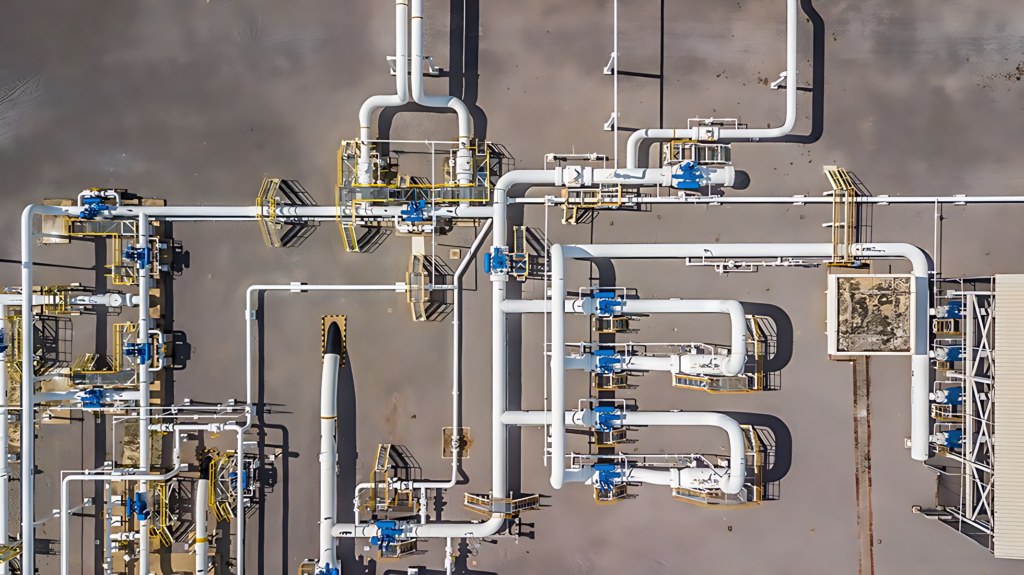
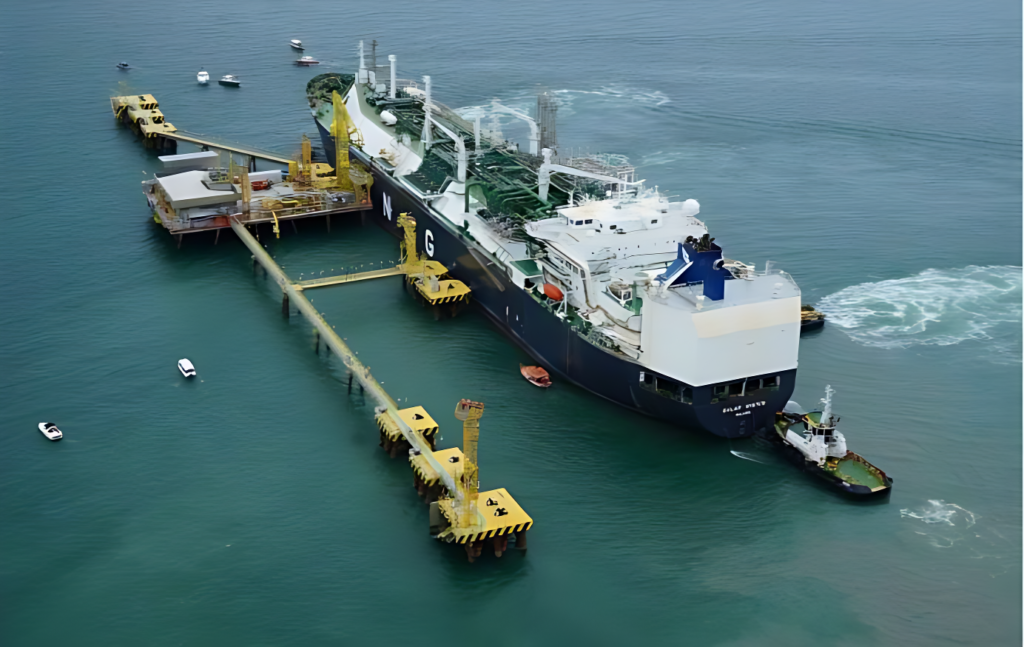
LNG Terminal Automation
An LNG terminal automation system is a centralized control system that monitors and manages all aspects of an LNG (Liquefied Natural Gas) terminal operation, including the unloading of LNG from ships, storage in tanks, regasification process, and distribution of gas to pipelines, automatically optimizing efficiency, safety, and compliance with regulations through real-time data analysis and control mechanisms.
Functions of an LNG terminal automation system:
- Vessel operations
- Storage management
- Regasification process control Gas dispatch
- Alarm and event management
- Cybersecurity
- Improved operational efficiency
- Enhanced safety
Custody Transfer
A custody transfer metering system for natural gas is a highly accurate system that measures the quantity and quality of natural gas being transferred between two owners. The system's primary purpose is to establish the basis for legal agreements and financial transactions between the parties involved. The complete custody transfer metering skid includes inlet basket strainers, air eliminators, positive displacement or turbine flow meters, back pressure control valve, suction/discharge piping, valving, instrumentation, controls and is designed to minimize field assembly.
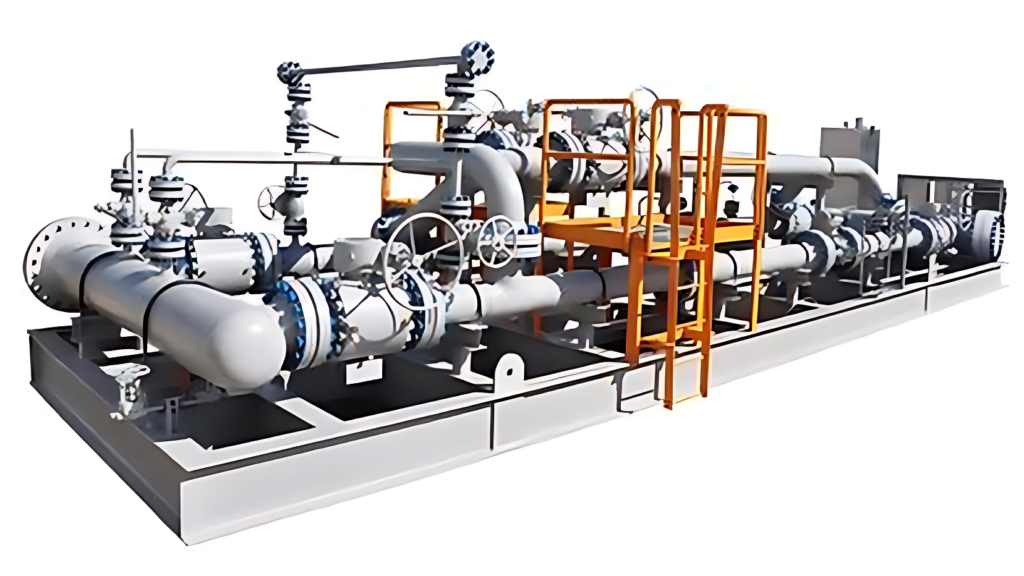
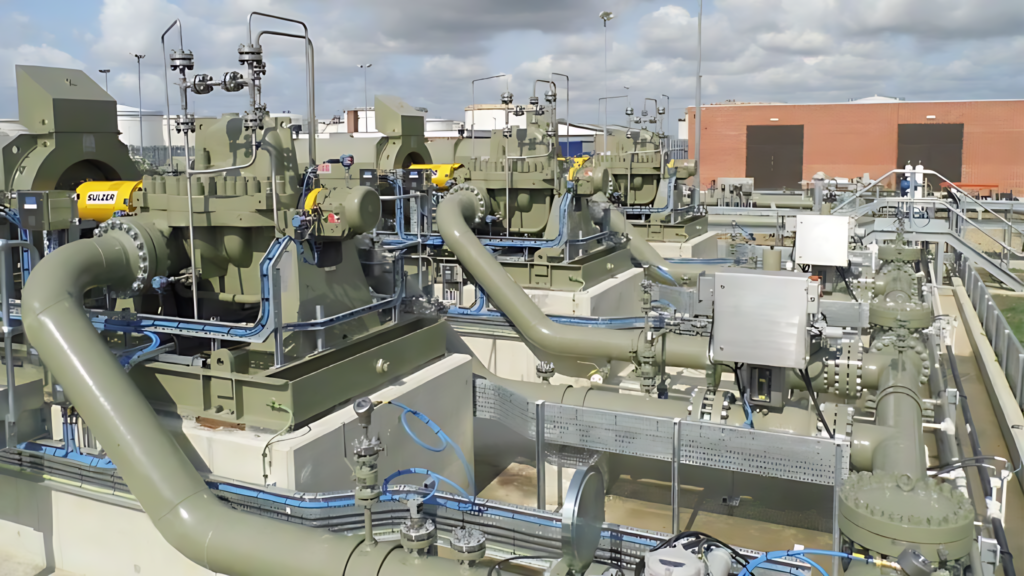
Natural Gas Distribution - SCADA’s (Supervisory Control and data Acquisition)
The process of getting natural gas from the wellhead to the refinery for and ultimately to the consumer usually requires a large system of pipeline networks. The advances made in natural gas distribution SCADA technology have significantly reduced the cost for remote telemetry devices and the infrastructure used to retrieve data from these devices. This in turn allows operators to remotely monitor, control and optimize their distribution network. The benefits of using SCADA in the distribution of natural gas are plenty. Implementing SCADA into a distribution system can help detect leaks and prevent losing product during transportation.
Use in Industrial Gensets
Natural gas generators, also known as gas gensets, are a clean and efficient way to generate power for industrial applications
Natural gas is considered a cleaner energy resource than other fuels:
- Emissions: Natural gas emits lower levels of sulfur, nitrogen, and carbon dioxide than other fuels.
- Odor: Natural gas doesn't produce a strong odor like diesel or oil generators.
- Noise: Natural gas generators are quieter than other types of generators.
- Efficiency: Natural gas generators are efficient and can help businesses optimize their energy consumption.
- Cost: Natural gas is less expensive than other non-renewable fuels.
- Availability: Natural gas is readily available in large cities through pipelines.
- Transportation: Natural gas is safer and less risky to transport than diesel or gasoline.
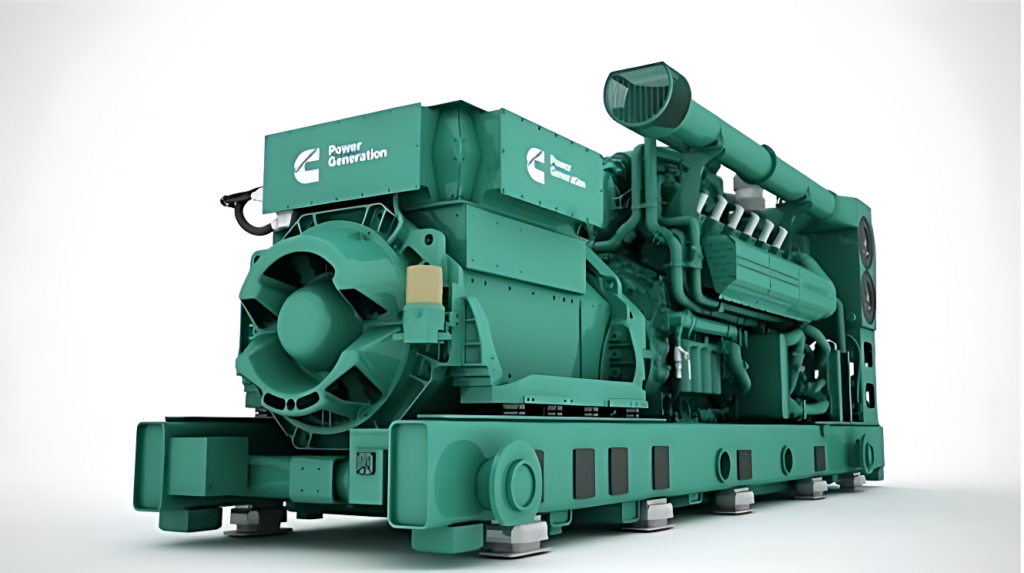
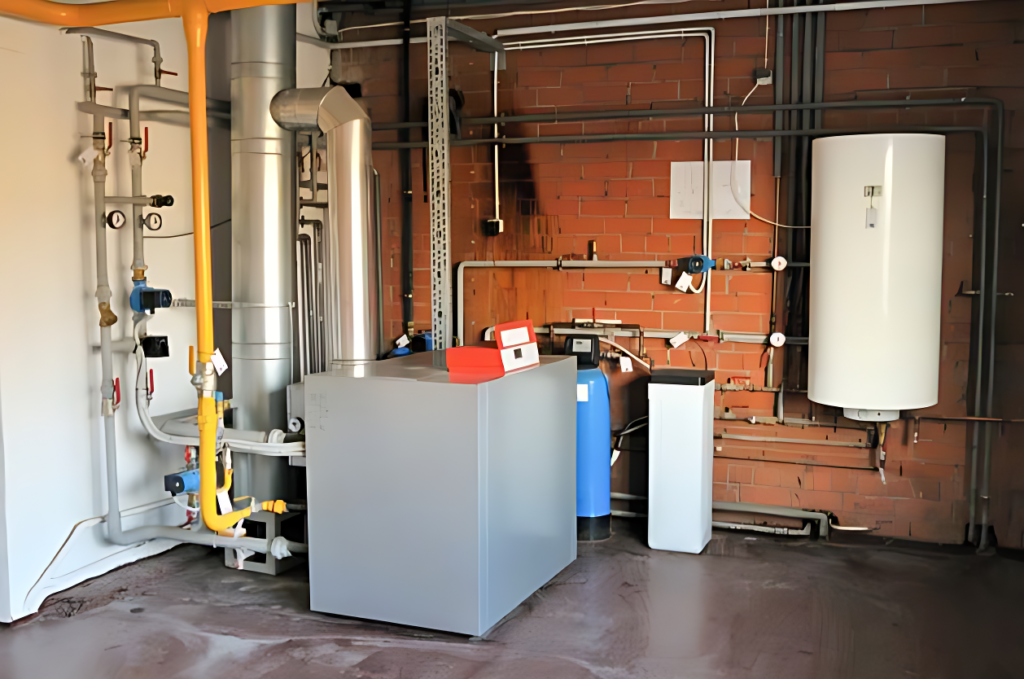
Use in Boiler, Burners & Furnace
A natural gas boiler burns the gas in the combustion chamber of the boiler to generate hot jets that move through a heat exchanger usually made of copper. The heat exchanger helps transfer heat from the gas to the water contained in the heat exchanger and heats it to around 60°C.
